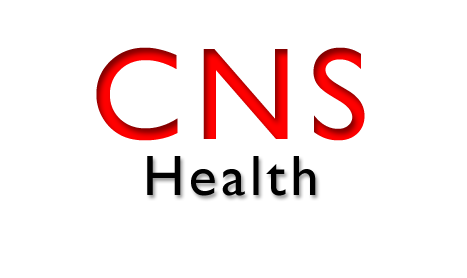COLLEGE PARK – Thousands of low-income Maryland adults will gain access to additional healthcare services when an Medicaid expansion begins early next year.
More than 81,000 Marylanders ages 19 to 64 who earn less than $15,856 per year will now qualify for full Medicaid benefits through the Affordable Care Act, also known as Obamacare.
Before the Affordable Care Act, low-income adults without dependent children in Maryland who earned less than $13,328 could enroll in a limited benefits program called Primary Adult Care. The program covered visits to a primary care doctor and emergency room hospital bills, but not specialty care or extended hospital stays for inpatient or outpatient services.
Now that more people will be eligible for the full benefits, the PAC program will end Dec. 31 and PAC members will be automatically enrolled in Medicaid.
“This is really an upgrade to their PAC benefit, and all of the providers they have seen will be a part of the full program,” said Chuck Milligan, deputy secretary for health care financing for the Department of Health and Mental Hygiene.
Managed care organizations that serve PAC members, such as Amerigroup Maryland, are preparing to make more services available to their clients.
“Our goal is to really reach out to these members and give them the additional care they need. We know they’re sick and we understand the additional services they require,” said Vincent Ancona, the CEO of Amerigroup Maryland.
Ancona said Amerigroup’s network is one of the largest in the state—approximately 13,000 providers serve Amerigroup members in Maryland. Tapping into those resources and offering them to new Medicaid recipients, Ancona said, will benefit Amerigroup.
“It makes our work easier because we can do more to help our clients. Now we can offer the full array of specialty benefits,” he said.
The Medicaid expansion is expected to significantly improve health benefits for the homeless. Adam Schneider, the community relations coordinator for Health Care for the Homeless, said 75 percent of the clients they see lack comprehensive health coverage.
“With the Medicaid expansion, the vast majority of our clients will have access to health insurance, which will provide much greater access to speciality care they need because we won’t only be able to diagnose serious illnesses but also treat illnesses,” Schneider said.
Community organizations working directly with PAC and Medicaid recipients anticipate some challenges with providing care for newly-eligible enrollees.
Asia Wood, the director of the Arundel House of Hope Medical Clinic, a free clinic, said that many of her clients are underinsured and visit the clinic because they cannot see another doctor.
“There is not a large number of providers who will accept PAC, or there is such a large number of patients that they can’t see people on the PAC plan,” Wood said.
“I think the same thing will happen with [Medicaid]. We’ll have so many people to care for and not enough providers.”
Ancona said that some of Amerigroup’s providers see so many patients they cannot schedule appointments for new ones. Amerigroup is looking to expand to meet new demand, he said, adding that they have spoken with 400 physicians interested in joining the network.
“I think we are prepared and we can continually adjust the network as needed,” Ancona said.
Milligan said that the state has been taking steps to ensure that there are enough providers for the newly-eligible Medicaid enrollees.
“The entire launch of health reform requires a transition period for everybody to get accustomed to the new insurance model and new entry point, but we are confident that we have enough providers to deliver the benefits,” Milligan said.
Maryland Health Care for All! Coalition, a group of 650 organizations that seeks to expand health coverage, is encouraging eligible adults to enroll in the PAC program so they can be automatically rolled over into Medicaid.
Vincent DeMarco, the president of Maryland Health Care for All! Coalition, said the Affordable Care Act is the most significant health insurance expansion for Marylanders since the state’s Working Families and Small Business Health Coverage Act was passed in 2007.
“Tens of thousands of low income parents have benefitted from the Medicaid expansion in 2007, and now we’ll do that for childless adults,” DeMarco said. “We know from experience that expanded Medicaid saves lives, so we want that to happen more.”

